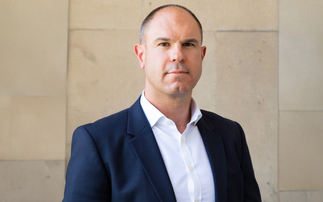NHS England has announced new measures to improve cancer survival rates at diagnosis and treatment stages.
A new early-diagnosis programme, run jointly with Cancer Research UK and Macmillan Cancer Support will test seven new approaches to identifying cancer more quickly.
There will be over 60 sites around the country to collect evidence on approaches that could be implemented, including self-referral for diagnostic tests, lower referral thresholds for GPs and diagnostic centres offering multiple tests in the same place on the same day.
There will be an extension of the sterotactic ablative radiotherapy (SABR) programme, costing around £5m with 750 new patients able to access it and widen the number of cancers it is available to treat.
Included among others will be primary liver tumours, spinal tumours, the re-irradiation of cancers in the pelvis and oligometatstatic disease (cancer spread to another part of the body).
The £5m is in addition to £6m already announced for SABR trials led by Cancer Research UK.
There will be a one-year cancer survival indicator in the assurance system used to ensure Clinical Commissioning Groups are improving survival rates.
A new taskforce to develop a five year plan for cancer services was also announced, led by Harpal Kumar chief executive of Cancer Research UK.
Simon Stevens, chief executive of NHS England, said: "Cancer survival rates in England are at an all-time high, but too many patients are still being diagnosed late - up to one in four only when they present in A&E.
"So it's time for a fresh look at how we can do even better - with more focus on prevention, earlier diagnosis and modern radiotherapy and other services so that over the next five years we can save at least 8000 more lives a year."










